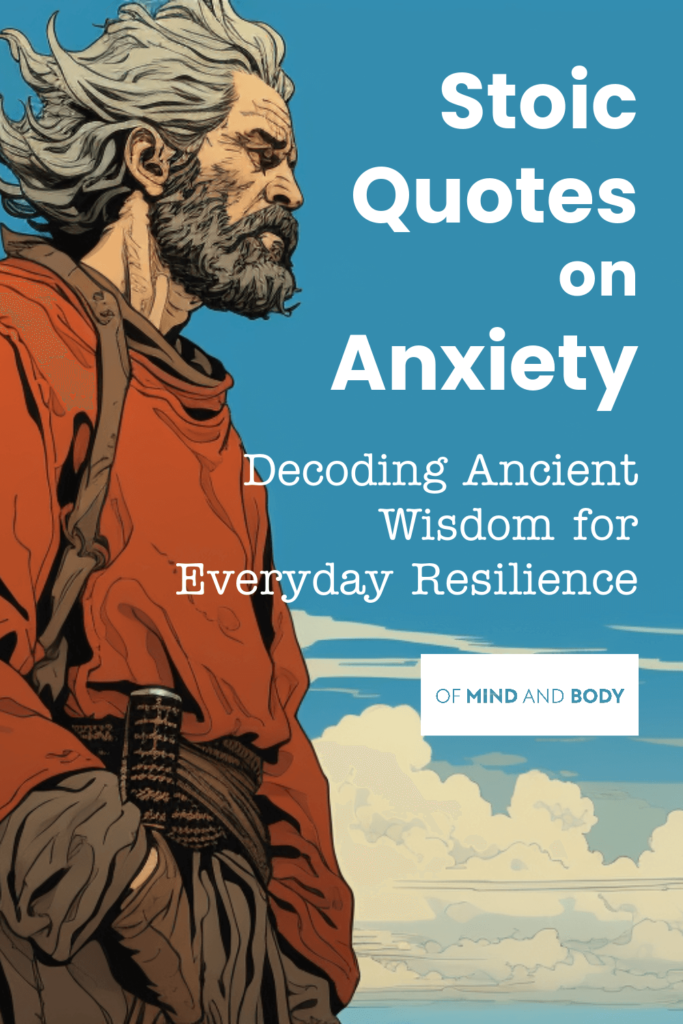
In this exploration, “Stoic Quotes on Anxiety,” we delve into the profound sayings of ancient philosophers – from the tranquillity of Seneca’s thoughts to the steadfastness of Marcus Aurelius, and the pragmatic wisdom of Epictetus. Each reflection is a thread in the larger tapestry of Stoic quotes, woven together with interpretations and practical examples that illuminate their relevance in our modern struggle with anxiety.
In an era where the tumult of life often feels relentless, anxiety has emerged as a silent tide, washing over our collective consciousness. It’s in these turbulent times that the enduring wisdom of Stoic philosophy shines as a beacon of resilience and insight. Stoicism, an ancient philosophy founded in the bustling heart of Athens, offers more than just a set of teachings; it presents a way of life, especially pertinent in our battle against the invisible shackles of anxiety.
The Stoics, with their profound understanding of human nature, navigated the complexities of the mind with remarkable clarity and simplicity. They believed that by harnessing the power of perception, we could transcend the ordinary anxieties that beleaguer our daily existence. The following Stoic quotes on anxiety are not mere relics of a bygone era but are startlingly relevant, offering a timeless guide through the labyrinth of our anxieties.
This journey is not about escaping anxiety but about transforming our relationship with it. Stoicism teaches us that anxiety, like all emotions, is rooted in our perceptions and judgements. By re-framing our thoughts, we begin to see that many of our anxieties are not impositions of fate but creations of our own mind. As we explore these ten stoic quotes, we’ll uncover how applying this timeless wisdom can empower us to meet anxiety with a newfound strength and composure.
Embark on this journey with an open mind and heart, and discover how the stoic way can illuminate a path to inner peace and resilience. The wisdom of Stoicism does not promise an anxiety–free life, but it does offer the tools to build a life that isn’t ruled by anxiety. Let these ten stoic quotes be your guide, your solace, and your inspiration as you navigate the complexities of anxiety and the challenges of the world.
10 Stoic Quotes on Anxiety
- “We are more often frightened than hurt; and we suffer more from imagination than from reality.” – Seneca
- “Leave the past behind, let the grand design take care of the future, and instead only rightly guide the present to reverence and justice.” – Marcus Aurelius
- “He is rich who owns the day, and no one owns the day who allows it to be invaded by worry, fret, and anxiety.” – Ralph Waldo Emerson
- “What I advise you to do is, not to be unhappy before the crisis comes.” – Seneca
- “Wild animals run from the dangers they actually see, and once they have escaped them worry no more. We however are tormented alike by what is past and what is to come.” – Seneca
- “Man is not worried by real problems so much as by his imagined anxieties about real problems.” – Epictetus
- “It’s ruinous for the soul to be anxious about the future and miserable in advance of misery, engulfed by anxiety that the things it desires might remain its own until the very end.” – Seneca
- “True happiness is… to enjoy the present, without anxious dependence upon the future.” – Seneca
- “Dwell on the beauty of life. Watch the stars, and see yourself running with them.” – Marcus Aurelius
- “But life is very short and anxious for those who forget the past, neglect the present, and fear the future.” – Seneca
#1
“We are more often frightened than hurt; and we suffer more from imagination than from reality.”
Seneca
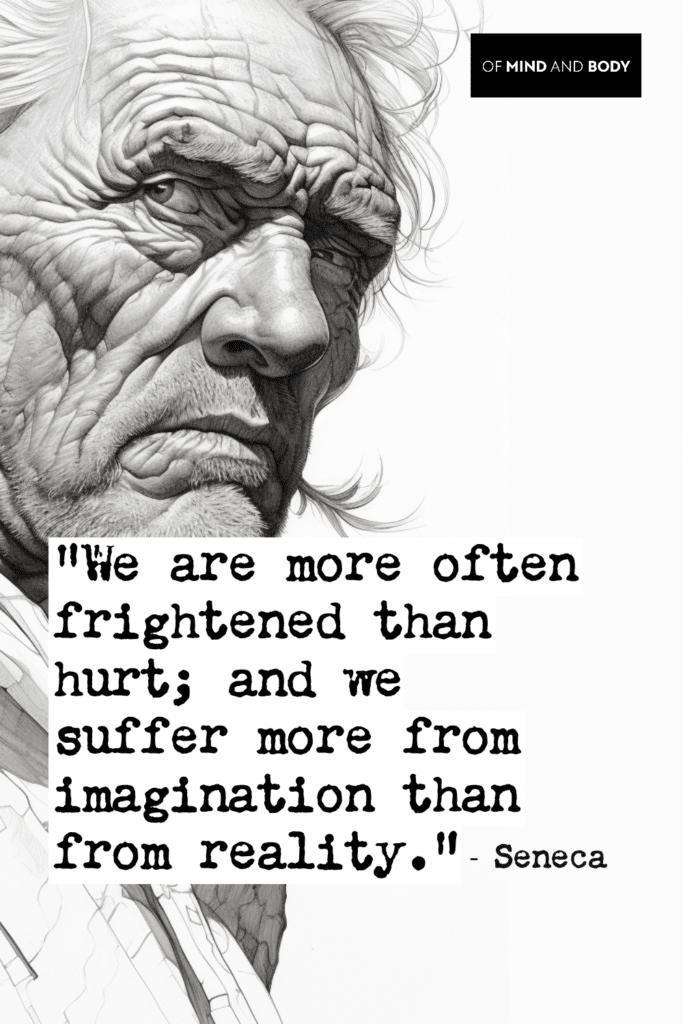
The Wisdom Behind the Words
These stoic quotes suggests that our fear and anxiety are frequently more intense than the situations that cause them. It points out a common human tendency to amplify potential problems in our minds, leading to unnecessary stress and worry. Seneca highlights the power of our imagination to create fears that are often far worse than the reality of our circumstances.
Imagine someone who is anxious about speaking in public. They might spend days or even weeks before the event imagining all sorts of negative outcomes – forgetting their speech, being judged by the audience, or embarrassing themselves. However, in reality, the speech might go relatively well, with none of their imagined catastrophes coming to pass. The anxiety and fear leading up to the event were far more painful than the actual experience.
Seneca’s wisdom reminds us to keep our fears in check and to remember that our minds can exaggerate the severity of potential problems. By acknowledging this, we can learn to approach situations more rationally and calmly, reducing the impact of anxiety on our lives. It encourages us to face our fears, knowing that often, reality is much more manageable than the scenarios we create in our heads.
#2
“Leave the past behind, let the grand design take care of the future, and instead only rightly guide the present to reverence and justice.” –
Marcus Aurelius
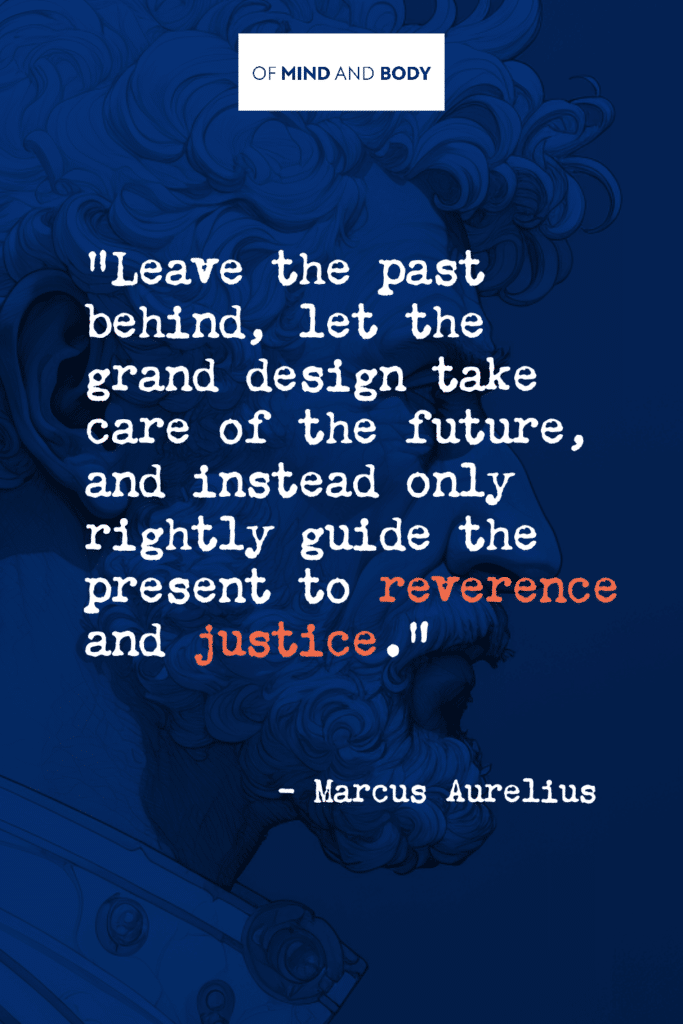
The Wisdom Behind the Words
Marcus Aurelius’s quote, offers a timeless approach to managing anxiety.
This quote encourages us to focus on what we can control – the present. It’s a reminder that dwelling on past mistakes or worrying about future uncertainties only fuels anxiety. Aurelius suggests a shift in perspective: let go of the past, trust the natural course of the future, and concentrate on acting with integrity and fairness in the present.
Imagine you’re anxious about a presentation at work because of a previous one that didn’t go well. Instead of replaying past errors or fretting over the future outcome, focus on preparing diligently now. This means researching your topic thoroughly, practising your delivery, and ensuring you understand your audience’s needs. By doing so, you honour the present with your best effort, which can ease anxiety since you’re actively engaging with what’s within your control.
In essence, Aurelius’s words guide us to find calm and strength in the present moment, using our energy to act justly and with purpose, rather than getting lost in the unchangeable past or the uncertain future. This approach can be a powerful tool in managing anxiety in our daily lives.
#3
“He is rich who owns the day, and no one owns the day who allows it to be invaded by worry, fret, and anxiety.”
Ralph Waldo Emerson

The Wisdom Behind the Words
Ralph Waldo Emerson’s quote offers a compelling perspective on dealing with anxiety.
Emerson is highlighting the value of being present and fully engaged in each day. The ‘richness’ he refers to is not material wealth, but the richness of experience and living fully. He suggests that if we let our days be consumed by worry and anxiety, we lose ownership of our time and our life. Instead, taking control of our day means focusing on the present, engaging actively with our tasks and experiences, and not letting worries about what might happen steal our joy and productivity.
Consider someone who spends their weekend anxious about the upcoming workweek. Their worry about future tasks and possible challenges robs them of the pleasure and relaxation the weekend offers. In contrast, someone who chooses to immerse themselves in a hobby, spend quality time with family, or simply enjoy a moment of solitude, without dwelling on the future, truly ‘owns’ their day. They experience the fullness of life’s moments, unburdened by unnecessary worry.
Emerson’s quote encourages us to reclaim our days from the clutches of anxiety by living in the present, enjoying our current activities, and not allowing the shadow of future concerns to darken our experiences. This approach can significantly help in reducing anxiety and improving the quality of our daily life.
#4
“What I advise you to do is, not to be unhappy before the crisis comes.”
Seneca
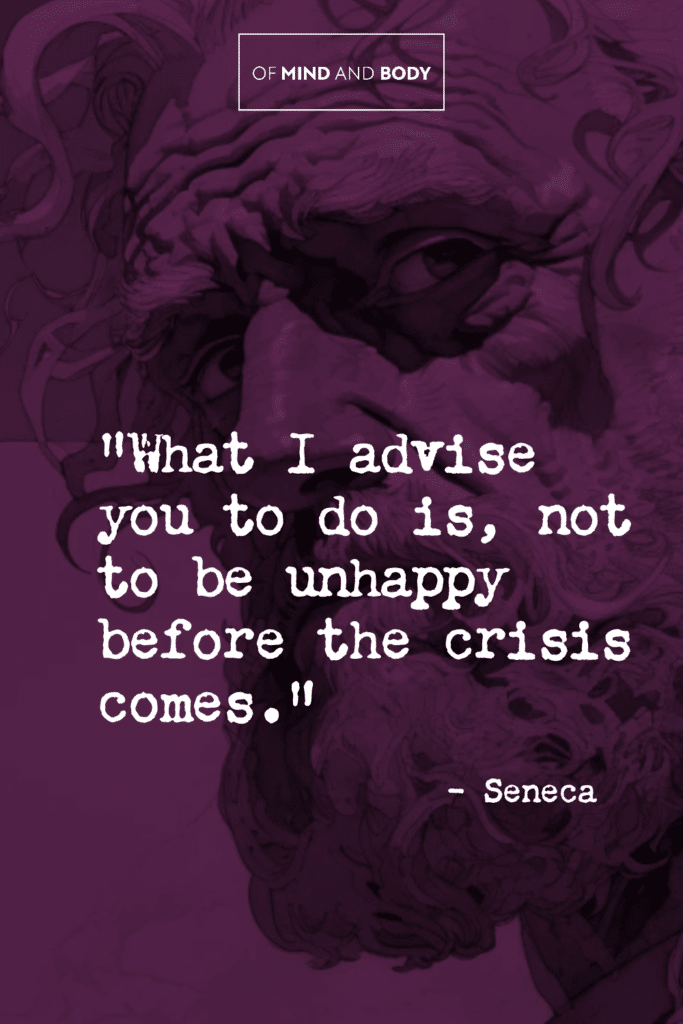
The Wisdom Behind the Words
Seneca’s quote offers a pragmatic approach to handling anxiety.
Seneca is advising against preemptive worry – the habit of becoming distressed about problems before they even occur. He suggests that by fretting over potential crises, we endure unnecessary unhappiness. Essentially, we should deal with challenges as they arise, not in advance. This approach doesn’t mean being unprepared; rather, it means not allowing our emotions to be dominated by hypotheticals and ‘what-ifs’.
Imagine you’re planning a trip and start worrying about all the things that could go wrong – bad weather, lost luggage, missed flights. This preemptive anxiety can overshadow the excitement and joy of travel planning. Instead, Seneca would advise focusing on the present preparations, like packing wisely and confirming reservations, while accepting that some factors are beyond your control. If and when a problem arises, you can address it then with a clearer mind, rather than suffering beforehand over something that may never happen.
In modern life, where we’re often encouraged to worry about the future, Seneca’s advice remains profoundly relevant. It encourages us to live more in the present and to save our emotional energy for real, not imagined, challenges.
#5
“Wild animals run from the dangers they actually see, and once they have escaped them worry no more. We however are tormented alike by what is past and what is to come.”
Seneca
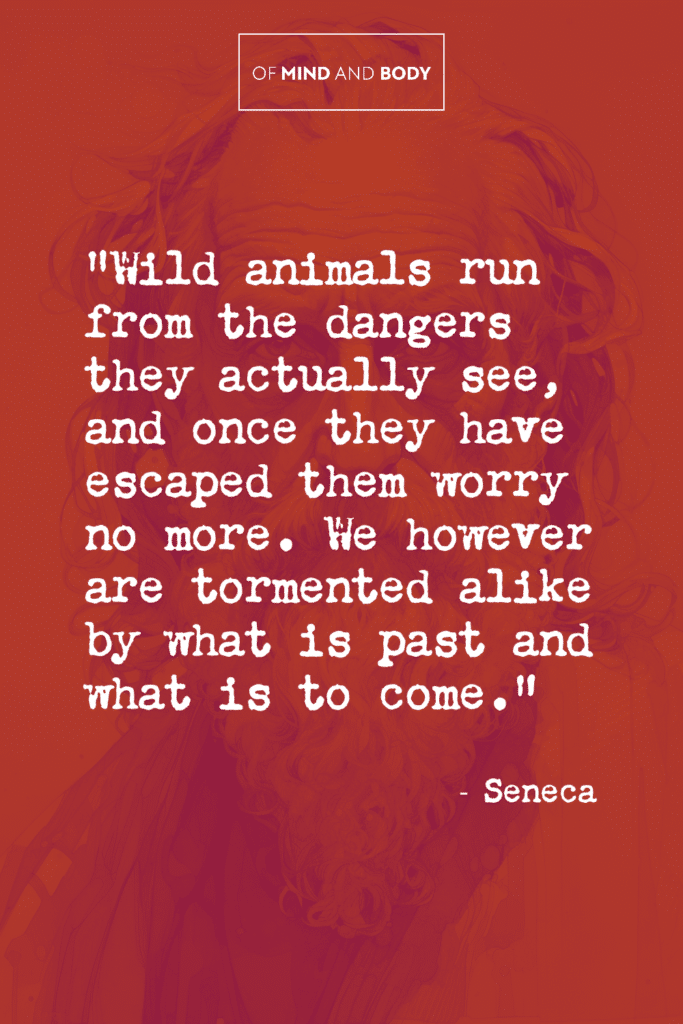
The Wisdom Behind the Words
Seneca is drawing a contrast between the instinctive reactions of animals and the complex anxieties of humans. Animals react to immediate threats, but once the threat is gone, they move on. Humans, however, have the unique ability to dwell on past events and anticipate future ones, often causing ongoing anxiety. This quote suggests that much of our anxiety stems not from present dangers, but from our ruminations on past troubles and fears about the future.
Imagine someone who had a minor car accident. Instead of moving on after resolving the issue, they might obsess over what went wrong or worry about it happening again. This constant replaying of past events and fear of future ones can lead to a state of continual anxiety. In contrast, focusing on the present – like driving carefully each day without overthinking past or potential accidents – can help alleviate this stress.
Seneca’s observation encourages us to learn from animals: deal with the present dangers and challenges, but don’t let past experiences or future worries dominate our minds. By focusing more on the here and now, we can reduce the unnecessary burden of anxiety that comes from dwelling on what we cannot change or predict.
#6
“Man is not worried by real problems so much as by his imagined anxieties about real problems.”
Epictetus
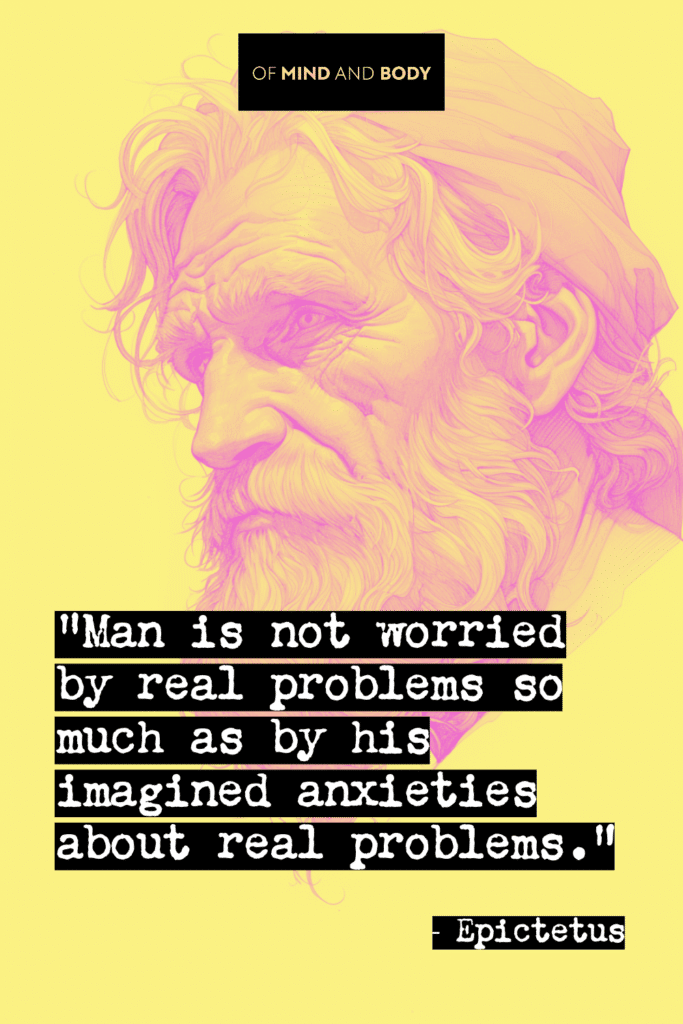
The Wisdom Behind the Words
Epictetus’s quote sheds light on a common human tendency in dealing with anxiety.
This quote suggests that it’s not the actual problems themselves that cause us the most distress, but rather our anticipation and overthinking about these problems. Epictetus is pointing out that our mind often magnifies issues, creating a larger-than-life anxiety that can be more debilitating than the problem itself. Essentially, it’s the stories we tell ourselves about what could go wrong, rather than the reality of the situation, that often bring the greatest worry.
Consider someone anxious about a job interview. They might spend sleepless nights imagining all sorts of negative outcomes – not being able to answer questions, making a poor impression, or even facing outright rejection. However, in many cases, the interview itself might turn out to be a far less daunting experience than they had imagined. The actual problem – performing well in the interview – is often less worrisome than the imagined scenarios of failure that preceded it.
Epictetus’s quote is a reminder to be mindful of our tendency to amplify problems in our mind. By recognising this habit, we can work to focus more on dealing with real problems as they come, rather than getting caught up in exaggerated fears and anxieties. This approach can help us manage our stress and anxiety more effectively, enabling us to face challenges with a clearer and more composed mindset.
#7
“It’s ruinous for the soul to be anxious about the future and miserable in advance of misery, engulfed by anxiety that the things it desires might remain its own until the very end.”
Seneca
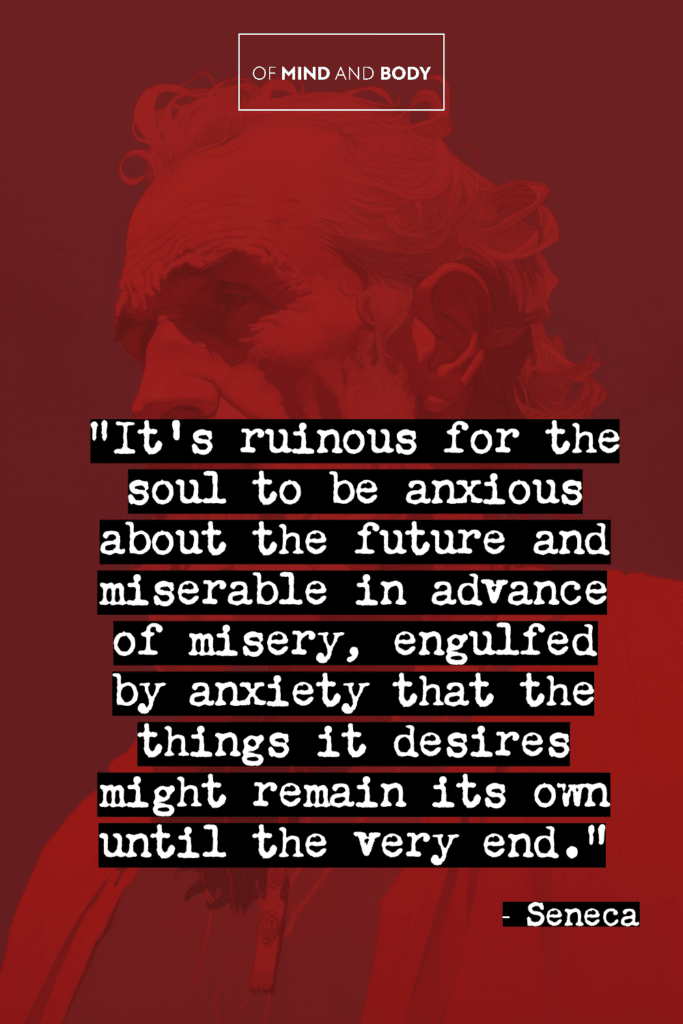
The Wisdom Behind the Words
Seneca’s stoic quotes offers a deep insight into the nature of anxiety, especially regarding the future.
Seneca is warning against the toll that constant worry about the future can take on our well-being. He points out the destructive nature of being consumed by anxiety over potential misfortunes or the loss of what we hold dear. This anticipatory distress can be more damaging than the actual events we fear. The quote emphasises the importance of not letting fear of the future overshadow our present happiness and peace of mind.
Consider someone who constantly worries about losing their job. This fear might stem from economic uncertainty or industry changes. While it’s practical to prepare for potential job changes, obsessing over this fear can lead to chronic stress, impacting mental health and daily enjoyment. Instead of being present in their current job and life, they’re trapped in a cycle of worry about an uncertain future. Seneca’s advice would be to focus on doing well in the present job and enjoying life now, rather than being preoccupied with what might never happen.
Seneca’s wisdom teaches us the value of living in the present and dealing with the future as it unfolds, rather than being engulfed by anxiety about what might or might not be. It’s a call to find balance between prudent preparation for the future and an unhealthy preoccupation with it, focusing instead on living fully and mindfully in the now.
#8
“True happiness is… to enjoy the present, without anxious dependence upon the future.”
Seneca
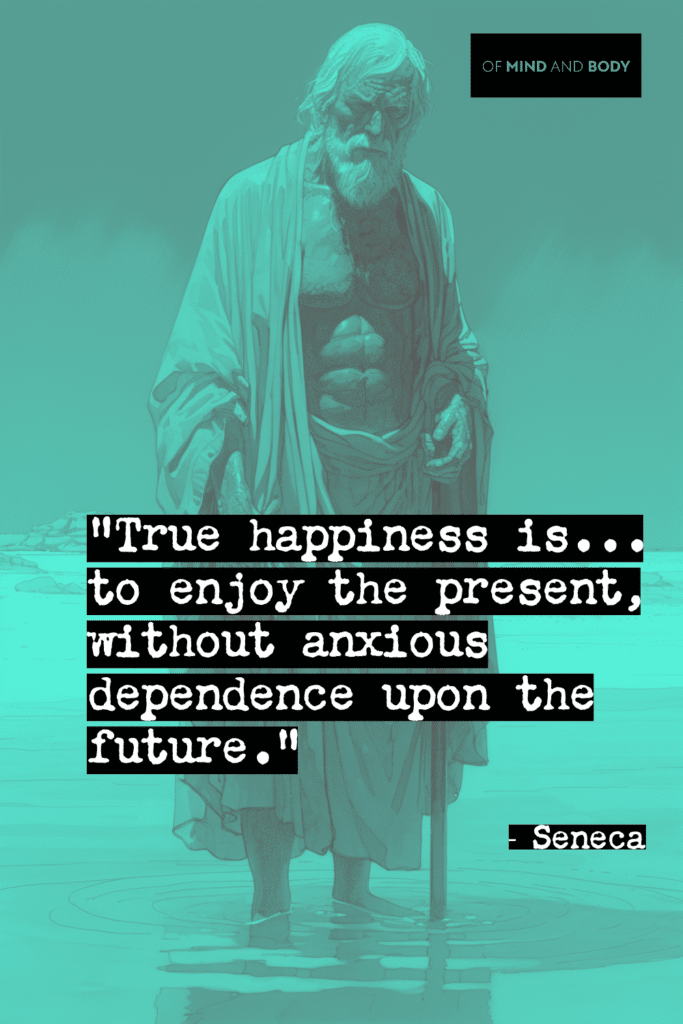
The Wisdom Behind the Words
This quote suggests that genuine happiness comes from embracing and appreciating the present moment, rather than being consumed by worries about what the future holds. It highlights the idea that a preoccupation with future outcomes can detract from our ability to enjoy and value our current experiences. Seneca is advocating for a mindset that acknowledges the future but does not allow it to overshadow the joy that can be found in the here and now.
Consider someone planning a family holiday. Instead of being anxious about the details – like the weather, possible delays, or whether everyone will have a good time – they focus on the excitement of being together and the experiences they’ll share. By enjoying the process of planning and looking forward to the time spent with loved ones, they experience happiness in the present. This approach prevents the buildup of anxiety over factors that are beyond their control and allows them to fully enjoy the experience.
Seneca’s wisdom reminds us that while it’s natural to think about the future, our happiness shouldn’t be held hostage by it. By finding joy in the present and accepting that the future is uncertain, we can lead more fulfilling and less anxious lives.
#9
“Dwell on the beauty of life. Watch the stars, and see yourself running with them.”
Marcus Aurelius
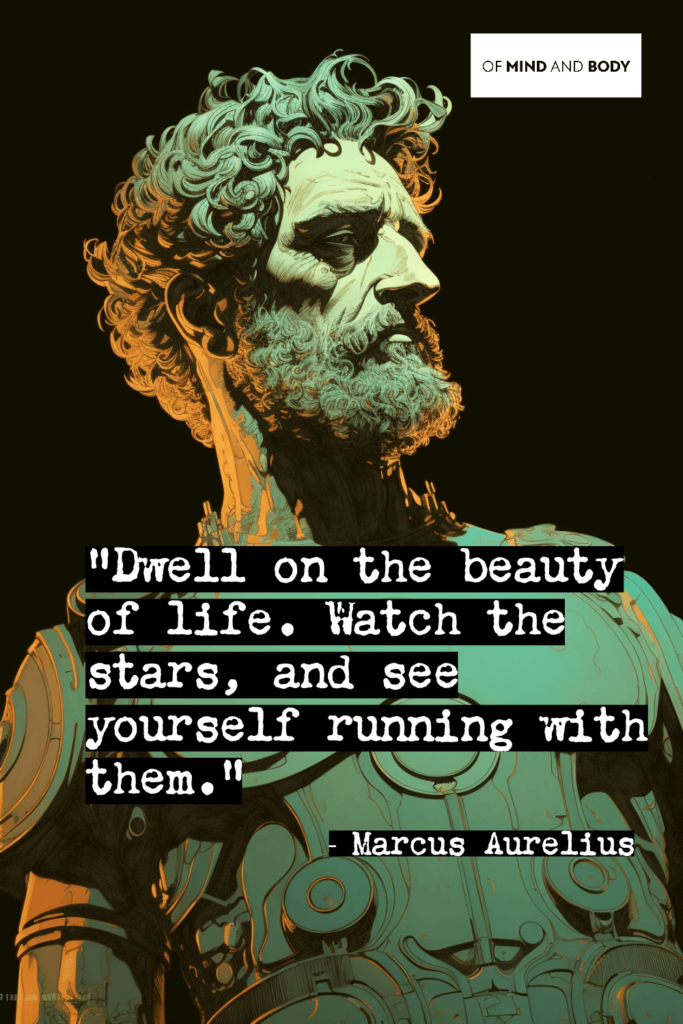
The Wisdom Behind the Words
Marcus Aurelius’ quote offers a poetic and uplifting perspective on life and managing anxiety.
This quote encourages us to focus on the wonders and beauties of life, even amidst challenges and anxieties. It’s a reminder to look beyond our immediate concerns and connect with the larger, awe-inspiring aspects of existence. Aurelius is suggesting that by shifting our focus to the grandeur of the universe, symbolised by the stars, we can gain a sense of perspective and freedom. Imagining ourselves ‘running with the stars’ is a metaphor for feeling a part of something vast and magnificent, which can be a powerful antidote to the narrow focus of our worries.
Imagine someone who feels overwhelmed by daily stresses and anxieties. Taking time to step outside on a clear night to gaze at the stars can be a transformative experience. It can shift their perspective from the immediacy of their problems to the broader tapestry of life. This act can bring a sense of peace and connectedness, reminding them that life is not just about the worries and the routines, but also about beauty, wonder, and the infinite possibilities that the universe holds.
Aurelius‘ words encourage us to find moments of beauty and awe in our lives, as these can provide a profound sense of relief and perspective in times of anxiety. By appreciating the grandeur of the world around us, we can elevate our spirits and find tranquillity amidst life’s turbulence.
#10
“But life is very short and anxious for those who forget the past, neglect the present, and fear the future.”
Seneca
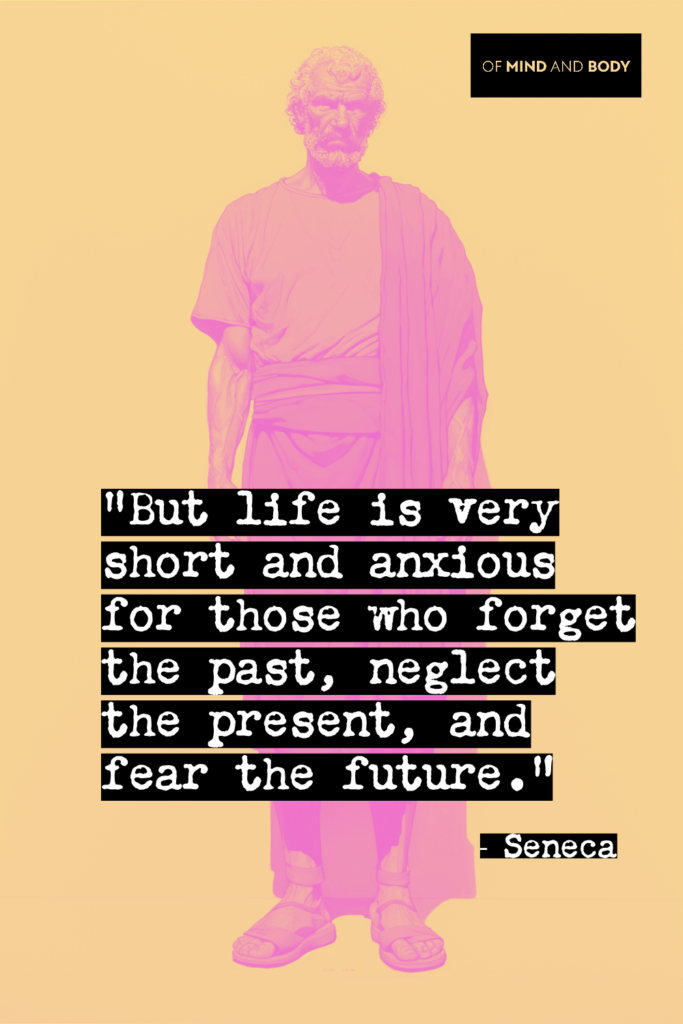
The Wisdom Behind the Words
Seneca’s quote provides a comprehensive view on how our approach to time can affect our anxiety levels and overall experience of life.
This quote suggests that a balanced perspective towards the past, present, and future is crucial for a fulfilling life. Forgetting the past may lead to repeating mistakes or losing valuable lessons learned. Neglecting the present results in missing out on life as it happens, while fearing the future creates continuous anxiety. Seneca is emphasising the importance of learning from the past, engaging actively with the present, and approaching the future with preparedness rather than fear.
Imagine someone who is so worried about securing a promotion at work that they neglect their current responsibilities and personal relationships. They’re also haunted by past career mistakes and constantly fear repeating them. This person’s life becomes fraught with anxiety, as they’re not fully living in the present, learning from the past, or healthily preparing for the future. On the other hand, someone who reflects on past experiences to guide their decisions, immerses themselves in their current work and relationships, and plans for the future with optimism rather than fear, is likely to lead a more balanced and less anxious life.
Seneca’s wisdom teaches us the value of a harmonious relationship with time – learning from the past, living in the present, and looking towards the future with hope rather than fear. This balanced approach can significantly reduce anxiety and enhance the quality of our lives.
Final Thoughts
In a modern world where technology constantly bombards us, Stoicism emerges not as an archaic relic, but as a beacon of enduring wisdom. In today’s fast-paced, high-pressure environment, where our attention is fragmented and our mental well-being often hangs in a delicate balance, these stoic quotes gain newfound relevance in the battle against anxiety. They offer a respite, a mental toolkit to navigate a world inundated with information and demands.
Reflecting on these Stoic insights, we find a path to declutter our minds, to step back from the incessant noise, and to find clarity amidst chaos. These sayings are guideposts leading us to a more measured, tranquil, and thoughtful existence. They teach us to value our internal compass over external turbulence, reminding us that true strength and serenity are cultivated from within.
If these Stoic reflections have resonated with you, I invite you to explore further. Dive into our diverse collection of philosophical quotes and their contemporary interpretations. Each piece offers a window into timeless wisdom, interpreted for the modern mind, and a chance to engage with ideas that have shaped human thought across millennia. Join us on this journey of intellectual exploration and self-discovery, where ancient knowledge meets modern insight.






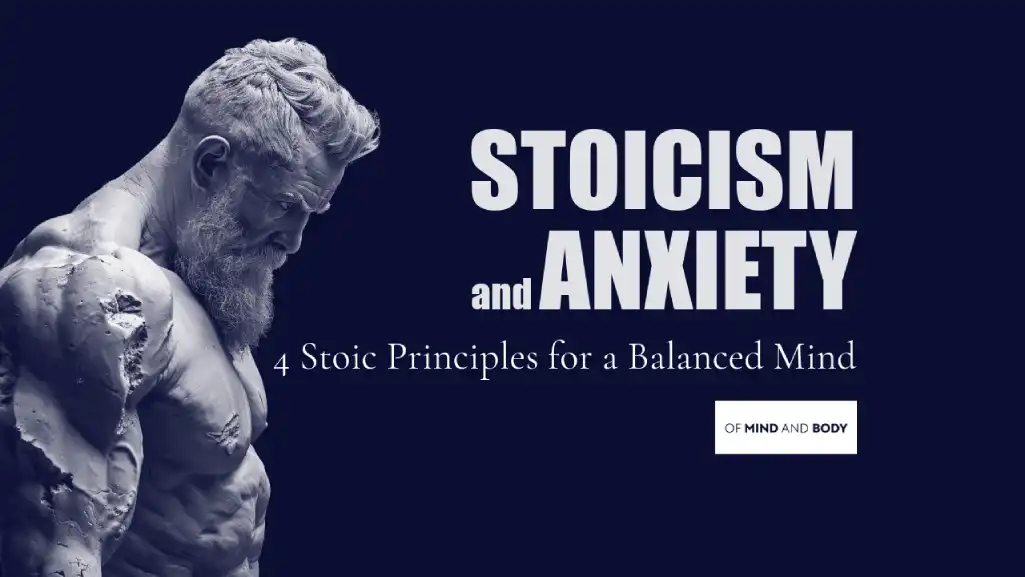
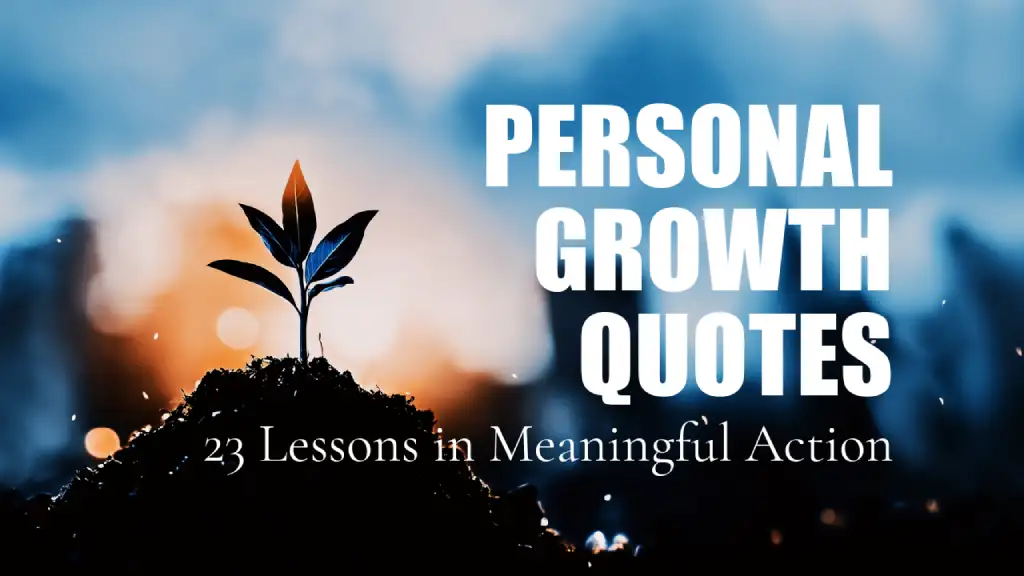

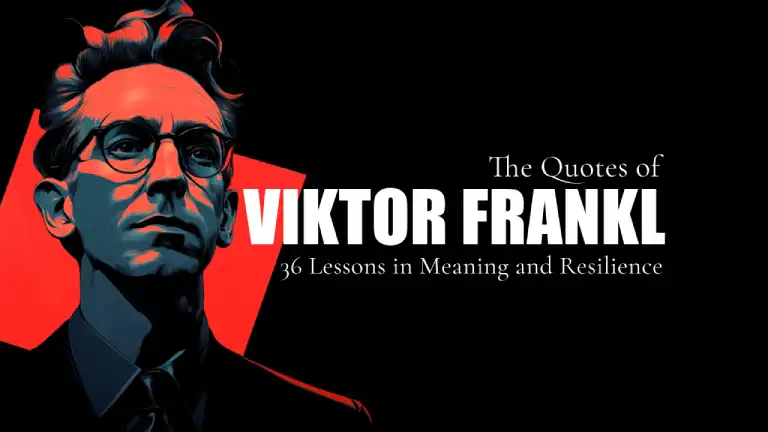
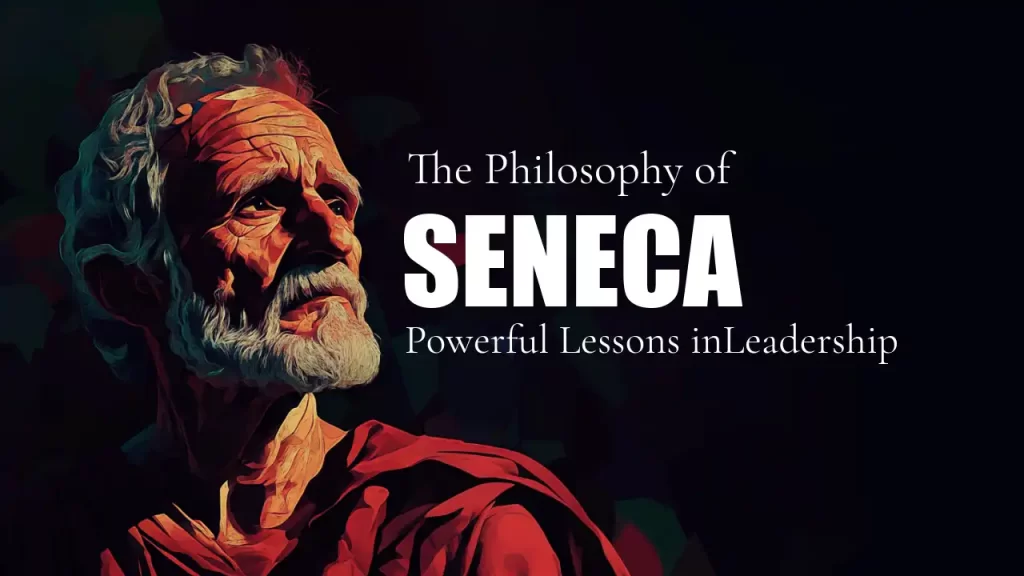
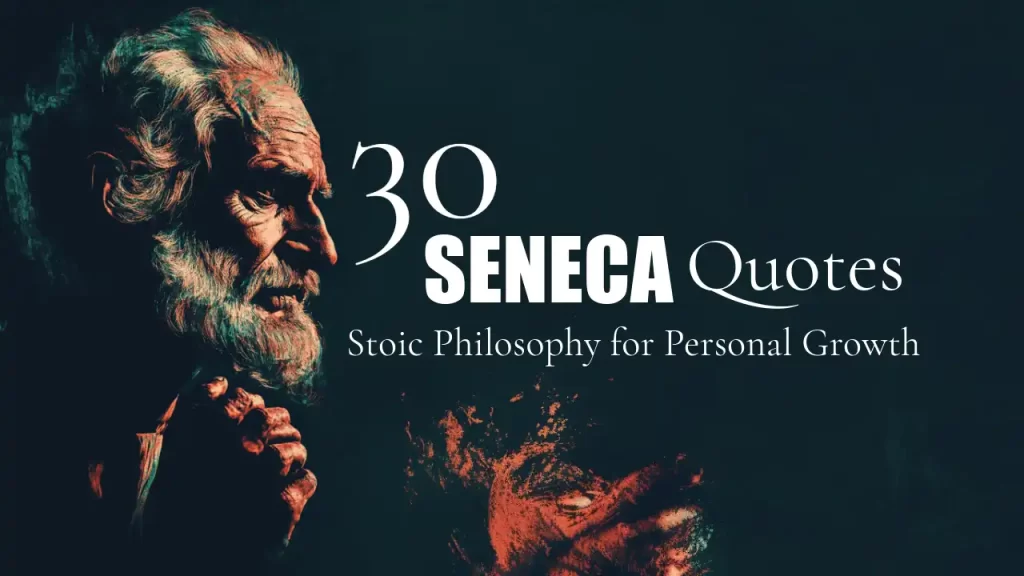
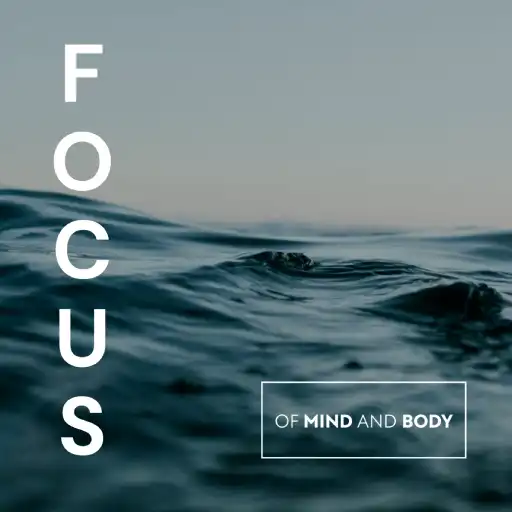
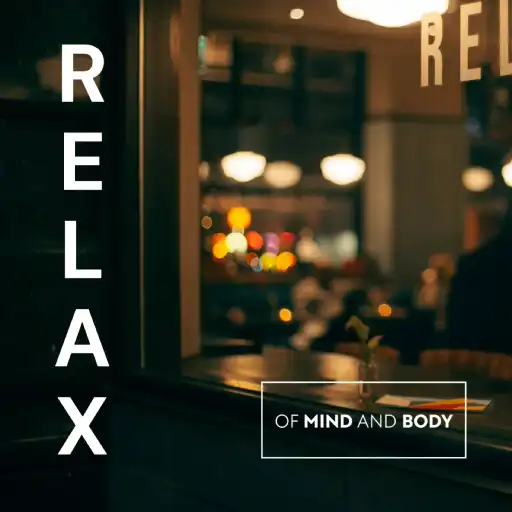
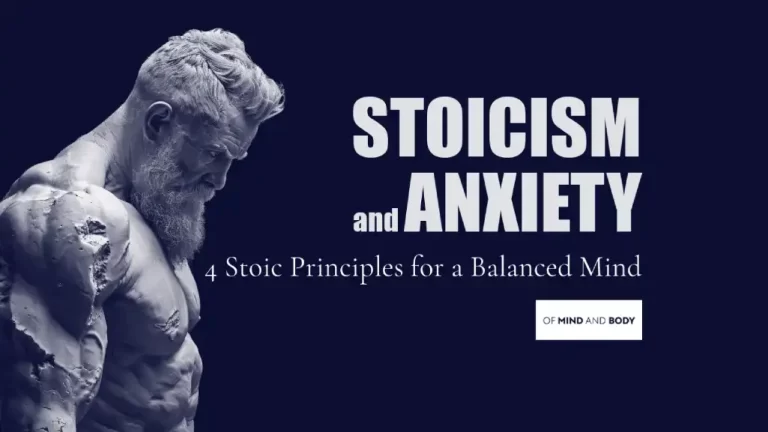
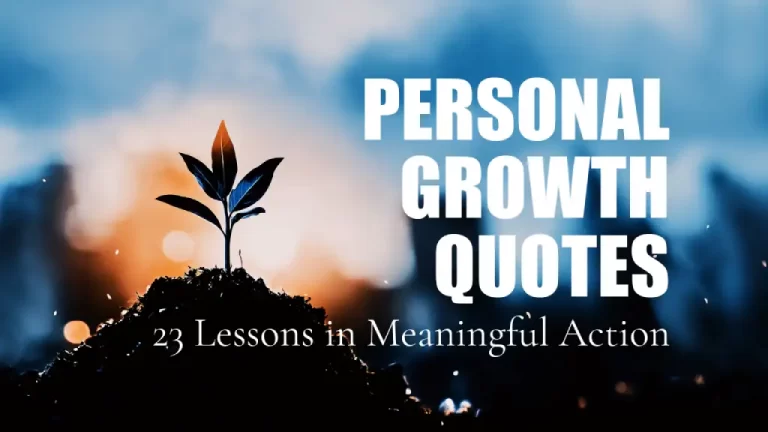

One Response